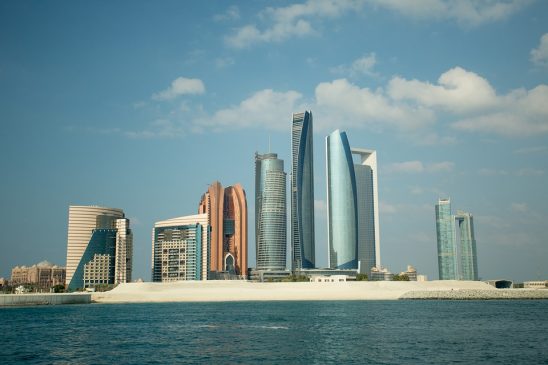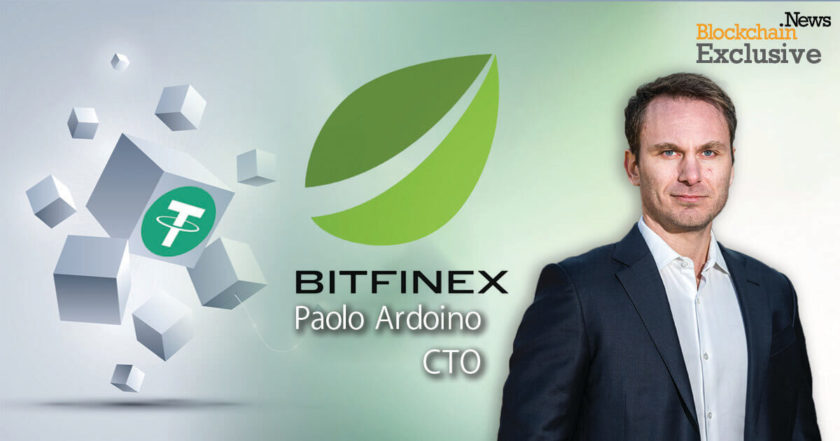Abu Dhabi Ports Subsidiary Ramps Up Another Blockchain Test
October 20, 2018 by Akshay Makadiya
Maqta Gateway LLC, an arm of Abu Dhabi Ports, is partnering with one of the world’s major shipping lines, Mediterranean Shipping Company (MSC), to test a blockchain-based proof of concept set on optimizing the handling of shipping documentation.
Also see: Investx to Pursue an Ethical ICO, the Mother of All Oxymorons
Subscribe to the Bitsonline YouTube channel for great videos featuring industry insiders & experts
Silsal’s Acid Test Is Nigh
The POC trial will see MSC providing operational data to Maqta Gateway’s deployment of the Silsal blockchain. Silsal is a blockchain native to Abu Dhabi Ports’ Digital Innovation Lab that was brought online in June 2018.
If the test goes as planned, Silsal will enable direct and real-time exchanges of transport documentation, which, as a result, would generally increase operational efficiency in the shipping industry.
The pilot has been initiated to potentially bridge gaps within the supply chain while also reducing logistic inefficiencies. In a joint announcement, Maqta Gateway hailed MSC as the ideal partner to test Silsal, due to the shipping titan’s operational prowess.
To that end, Maqta Gateway chief operating officer Dr. Noura Al Dhaheri noted:
“We are delighted to be working with a world-class international partner such as MSC on such a milestone project for Abu Dhabi Ports. Silsal is the first unveiled blockchain solution of its kind between our Emirate and the world.”
Digitizing International Trade
Maqta Gateway hopes to digitize international trade by cutting back on manual paperwork processes with fast, secure, and real-time exchanges of shipping documents via distributed ledger technology (DLT).
The idea is that information shared on a distributed ledger would eliminate unnecessary handling costs at multiple checkpoints and also rule out any attempts of forging transport documents, hence making the shipping industry more transparent and cost-effective.
“This innovative pilot project should help pave the way for improved documentation flows and streamline supply chains for companies,” MSC chief information officer Andre Simha said. “We welcome new partnerships which reduce delays, improve inventory management, and identify issues faster, resulting in significant cost savings for all parties involved.”
For their part, Abu Dhabi Ports, the administrators of all ports in the United Arab Emirates, remains actively interested in implementing blockchain-based solutions for shippers.
Just a few days prior to the MSC announcement, ADP’s Maqta Gateway partnered with Belgium’s Port of Antwerp on a pilot to handle trade documentation using Silsal.
While blockchain technology is making waves at the enterprise level, famed economist Nouriel Roubini has repeatedly contested the technology as equitable to overhyped spreadsheets. Many skeptics say the economist is on the money in that regard.
So whether Silsal or solutions like it can modernize shipping or other industries remains to be seen. But we won’t know either way until pilots like Maqta Gateway’s are allowed to run their course.
Will blockchain technology be widely implemented in the shipping industry in the next five years? Share your views in the comments section.
Images via Pixabay




